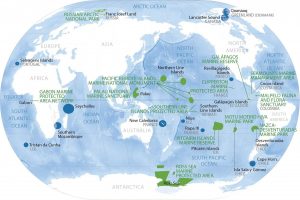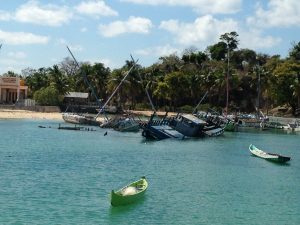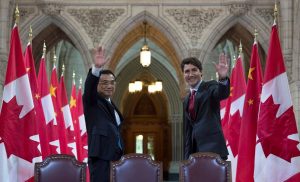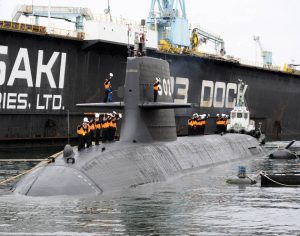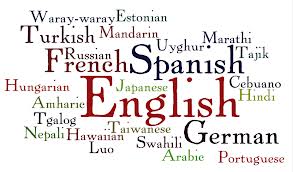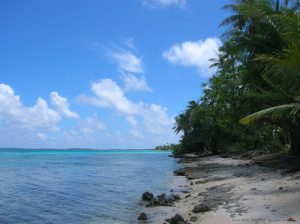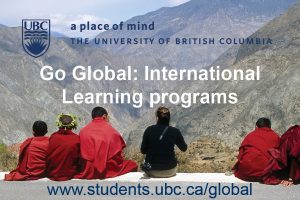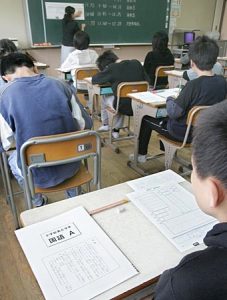The Politics of Pacific Ocean Conservation
Memo #395 By: Justin Alger – alger.justinw [at] gmail.com and Peter Dauvergne – peterdau [at] mail.ubc.ca Since 2006, states have established 18 large marine protected areas (MPAs) exceeding 200,000km2, most of which are located throughout the Pacific. This development represents the emergence of a new global norm of large MPAs in marine conservation. The emergence of this norm was not […]
A Tough Choice: the Criminalization of Indonesian Fishermen
Memo #387 By: Antje Missbach – antje.missbach [at] monash.edu The tough choice between illegal fishing and transporting asylum seekers Many Indonesian fishermen have suffered the consequences of breaking Australian law in recent years as they have tried to make a meagre living from traditional work. Because fishing in increasingly overfished seas provides inadequate income, many have tried […]
Can Canada Follow New Zealand’s Model for Free Trade with China?
Memo #381 By: Charles Burton – cburton [at] brocku.ca and Stephen Noakes – s.noakes [at] auckland.ac.nz What explains the absence of a Canada-China free trade agreement? From China’s perspective the benefits of free trade with Canada are clear: increasing its market share in Canada, locking Canada in as a reliable supplier of the energy, mineral and agricultural resources necessary to sustain […]
“The Japan Choice:” Will Australia choose Japanese submarines for its future defence force?
Memo #373 By: Thomas Wilkins – thomas.wilkins [at] sydney.edu.au Nothing is exciting strategic commenters in Australia more than the long drawn out process of competitive evaluation of rival boats for its Collins-class submarine replacement programme. The choice of sub represents a roughly A$50bn investment and the future of Australian naval deterrent capacity into the 2050s. […]
What is Language For? “Other” vs. “Heritage” Language Education in Australia
Australia is an ethno-linguistically diverse country with more than 15% of people speaking languages other than English, or a heritage language, at home. While learning English can contribute to immigrant students’ socioeconomic and educational success, heritage language maintenance facilitates maintaining ties with family and community members unable to speak English, avoiding a potential generation gap in immigrant families. Heritage language maintenance refers to a situation where immigrants continue using their languages in a host society. Additionally, maintaining a heritage language and ethnic identity are interconnected; individuals who lost their heritage languages reported feeling as though a part of their identities were missing. Finally, heritage language maintenance promotes multilingualism in society, which facilitates economic, cultural and political communications among countries.
Island Connect in the Tuamotus: Satellite, Solar Power and Civil Society
Despite their isolation, technological developments allow residents of Katiu, a tiny coral atoll in the Tuamotu Archipelago of French Polynesia, to engage as global citizens. The atoll is only 10 square km, 27 km long and 12.5 km wide. Its 286 residents subsist on fishing, copra harvesting and pearl farming. There is no tourism trade, and anything beyond coconut palms, breadfruit, taro, fish, seafood and some fruit must be imported on infrequent cargo ships. Until recently, the atoll was inaccessible except by boat, and islanders had limited communications with the outside world.
Digital Generation in Papua New Guinea Emerges
Memo #194 – Next month, Australian Foreign Minister Bob Carr will make his maiden visit to Papua New Guinea (PNG), Australia’s nearest neighbour and second largest recipient of Australian foreign aid. This visit comes 10 months after the then brand-new foreign minister threatened PNG with sanctions following suggestions from within the PNG government that national elections might be delayed. Not surprisingly, these threats did not go down well with Papua New Guineans. But ironically, Foreign Minister Carr can take partial responsibility for inspiring a new, digital generation of Papua New Guineans to engage in public discussion.
Regulating International Student Mobility – Agents and Markets in New Zealand
Memo #151 – International student mobility is a huge industry. 3.3 million students studied outside of their country of citizenship in 2008. In some countries like Australia and New Zealand, international students represent about 15 per cent of total post-secondary enrolments. Student mobility is often conceived as a straightforward exercise in demand and supply. Students willing to pay the costs of overseas study represent the demand. Educational services provided by post-secondary institutions – many facing reduced state funding – represent the supply. This free market model ignores the multitude of mediating actors involved in student mobility.
National Testing in Japan and Australia: To Publish or Not to Publish Scores?
Memo #149 – On this April 17, 2012, in Japan, around 30 per cent of years 6 and 9 students have undergone national standardized testing. But Japan isn’t the only country to introduce tests as part of policy efforts to improve student performance. In fact, all advanced countries use tests to assess potential workforce knowledge and skills with an eye towards raising national productivity and surviving global competition. But the exact nature of testing regimes differs per country. For example, Japan and Australia use different mechanisms to direct individual schools towards national goals.
同化と差異化が同時進行する世界の教育政策: 学力テストの日豪比較から
Memo #149 – 今日、全国の小学校と中学校の約30%を対象に全国学力・学習状況調査(以下「学テ」)が実施された。もちろん、こうした全国的な学力テストを導入して学力の向上を図る教育政策は、日本に限ったことではない。グローバル化した「知識経済」において、国の経済的生産性を高め国際的な競争に生き残るには、労働者の知識・技能レベルの底上げが不可欠であり、そのためには全国学力テストを通じて教育の質を向上する必要がある、というのが先進国に共通する政策的見立てである。
